Mum Christina Georgiades tells of how she had her ‘miracle babies’ after her fertility struggles
Christina Georgiades, the proud Melbourne mum of two ‘miracle babies’, has revealed her personal struggles in the hope it will help others with fertility issues.
Fertility
Don't miss out on the headlines from Fertility. Followed categories will be added to My News.
A mum of two who endured years of suffering due to pregnancy losses, including a devastating stillbirth, two miscarriages, 38 medical procedures and 12 failed rounds of IVF treatments, has revealed her painful journey in a bid to help others.
Secondary schoolteacher Christina Georgiades, from Melbourne’s northwest, has documented her struggles with grief, anxiety and depression in a powerful new book which she hopes will shine a light on fertility struggles.
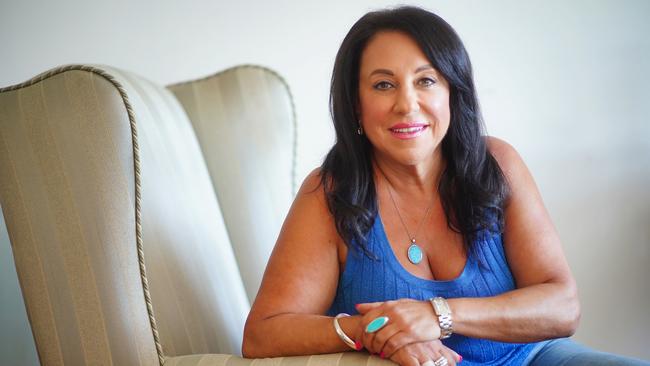
The proud mum of “miracle babies” Timothy and George, now aged 20 and 16, wants to give a voice to those who have experienced the trauma of stillbirth after the tragic loss of her daughter Angelika in 2004, which she describes in her memoir as a “pain I didn’t know could exist”.
Following the death of her daughter, her pregnancies with her sons were high-risk and she nearly lost both children due to complications.
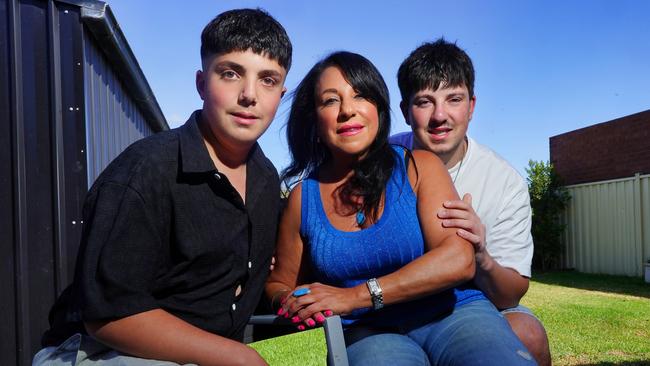
Ms Georgiades said the psychological side effects of stillborn births and miscarriage could be “devastating and lifelong”, and that people need to have the freedom to talk openly about their experiences and not have them brushed under the carpet.
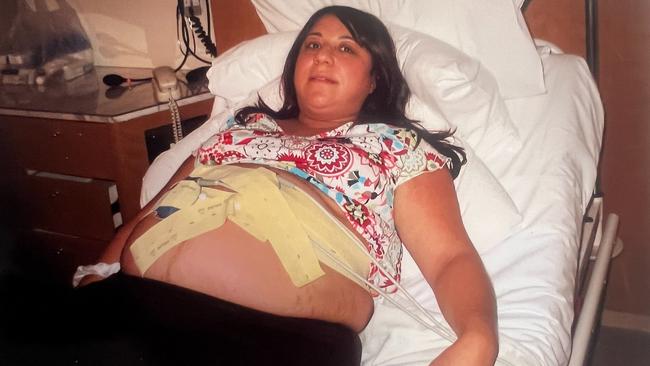
“I did my own grief counselling, but anything they gave me was clinical, dry, boring and not helpful,” she said.
“It was just clinical information, like what could be the causes of stillbirths. That’s not what you want to read.”
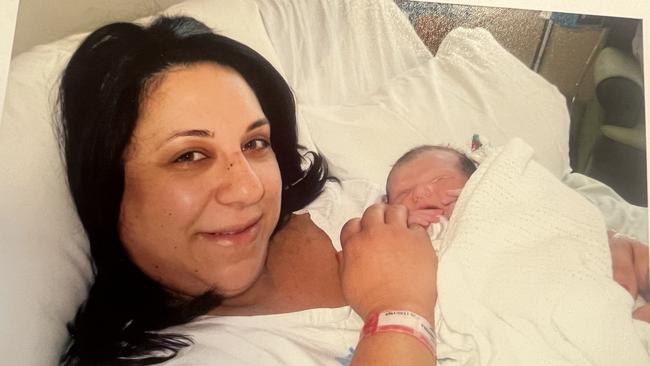
Ms Georgiades, who was helped through her ordeal by her “village” of supporters, which included family members and her medical staff “angels” at Melbourne’s Cabrini Hospital, said an empathetic approach and open conversations, no matter how painful or uncomfortable, are vital to help those suffering.
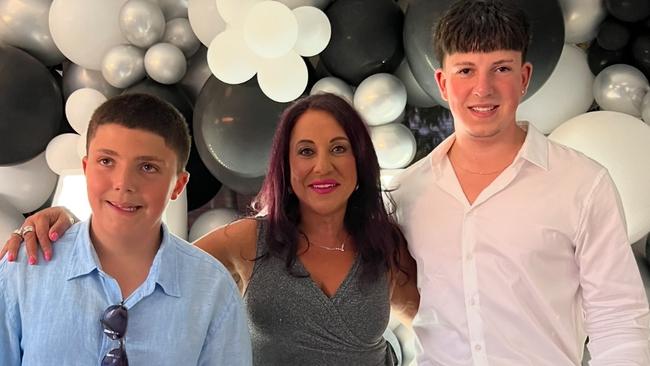
“A lot of the time with stillbirths and miscarriages, people just think, OK, it’s been enough time now and you’ve had another baby, so you know, ‘what’s the problem’ kind of thing,” she said.
“And it’s because we don’t talk about it. Maybe they don’t know what to say. But saying nothing is worse.”

Professor Meredith Temple-Smith, the co-founder of Miscarriage Australia, agreed, saying depression and anxiety were common in the aftermath of a miscarriage and that post-traumatic stress could also occur further down the track.
“If people have a miscarriage, others are inclined not to mention it again; they think let’s not say anything about it again so that it doesn’t bring up that memory,” she said.
“But our research tells us very clearly that women and men do not want people to just do that, they want it acknowledged that they’ve had a miscarriage.
“They want it acknowledged that this was the death of a baby and it should be treated in every other way, in the way that you would treat any other death,” Prof Temple-Smith added.
“I think it’s important to acknowledge it and important to not just say on that one occasion, ‘I’m really sorry for your loss’, but to say to somebody in two weeks, three weeks, five weeks, three months down the track, how are you doing now?”
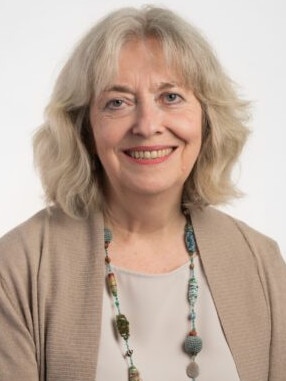
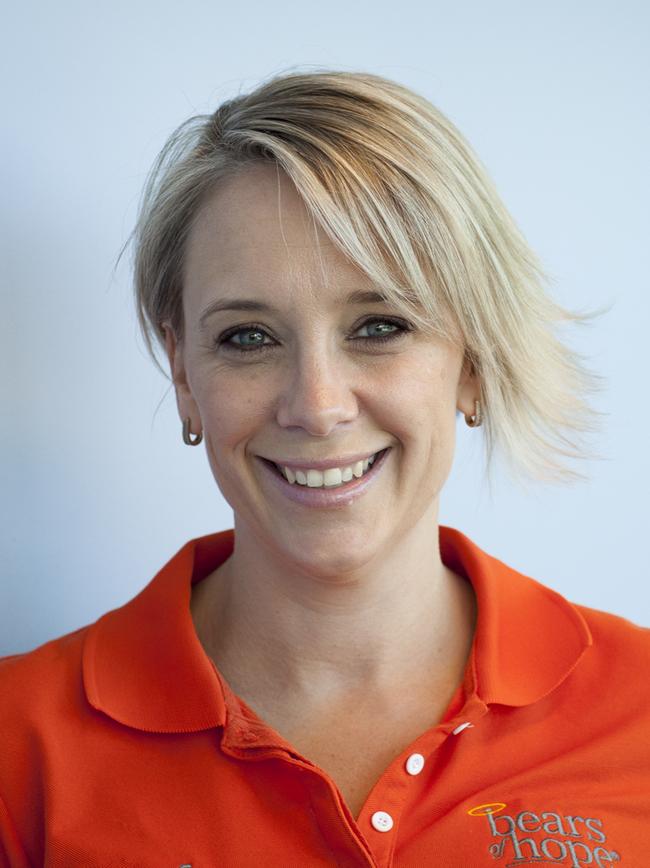
Amanda Bowles, who founded the charity Bears of Hope, which provides support packages to bereaved parents, including cuddle cots for stillborn babies, said there needed to be a shift in understanding.
“Losing a baby at any stage of pregnancy can cause deep grief and the best way to support someone that has experienced loss is by acknowledging and validating their feelings,” she said.
No One Told Me, by Christina Georgiades, is available through The Book Adviser.
For help with emotional difficulties, contact Lifeline on 13 11 14 or www.lifeline.org.au
For help with depression, contact Beyond Blue on 1300 22 46 36 or at www.beyondblue.org.au
The SANE Helpline is 1800 18 SANE (7263) or at www.sane.org



